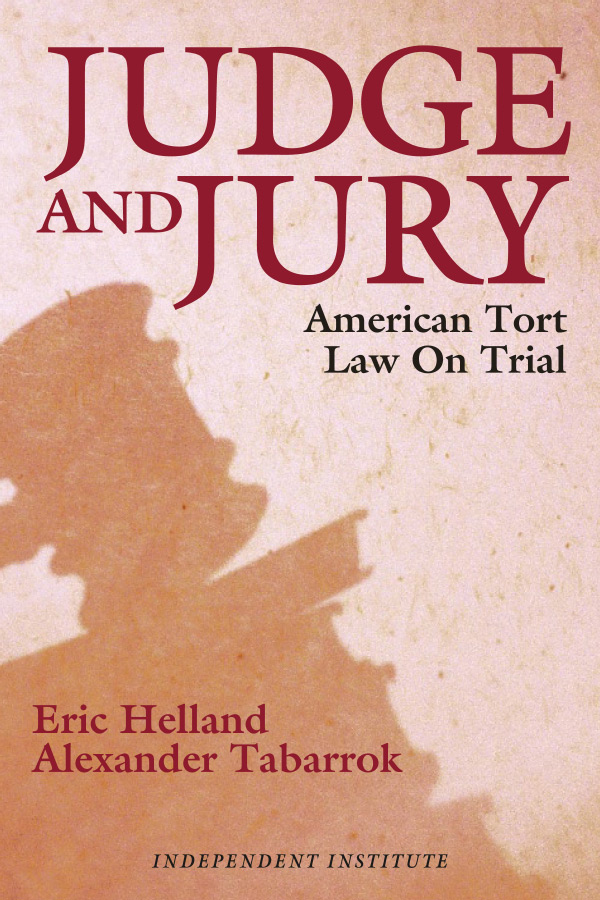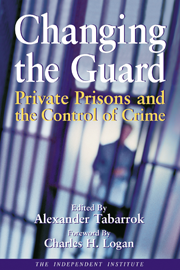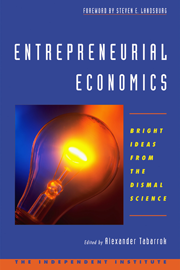Abstract: Politicians are not neutral maximizers of the public good, they respond to incentives just like other individuals. We apply the same reasoning to those politicians in robes called judges. We argue that elected judges, particularly partisan elected judges, have an incentive to redistribute wealth from out-of-state defendants (non-voters) to in-state plaintiffs (voters). The partisan electoral hypothesis is tested first using data on 75,000 tort awards from across the states. We control for differences in injuries, state incomes, poverty levels, selection effects and other factors that may cause awards to differ across the states. One difference which appears difficult to control for is that each state has its own body of tort law. We take advantage of a peculiar aspect of American Federalism to make this distinction. In cases involving citizens of different states, aptly called diversity of citizenship cases, Federal judges apply state law to decide disputes. Diversity of citizenship cases allow us to test whether differences in awards are caused by differences in electoral systems or differences in state law. The evidence from the cross-state regressions and from the diversity of citizenship cases, strongly supports the partisan election hypothesis. In cases involving out-of-state defendants and in-state plaintiffs the average award (conditional on winning) is 42% higher in partisan than in non-partisan states; approximately two-thirds of the larger award is due to a bias against out-of-state defendants and the remainder due to generally higher awards against businesses in partisan states.
The Effect of Electoral Institutions on Tort Awards
WORKING PAPER #1
Alexander T. Tabarrok is Senior Fellow at the Independent Institute, Assistant Editor of The Independent Review, and Associate Professor of Economics at George Mason University.
Eric A. Helland is assistant professor of economics at Claremont-McKenna College, Claremont, CA.
Comments
Before posting, please read our Comment Policy.












